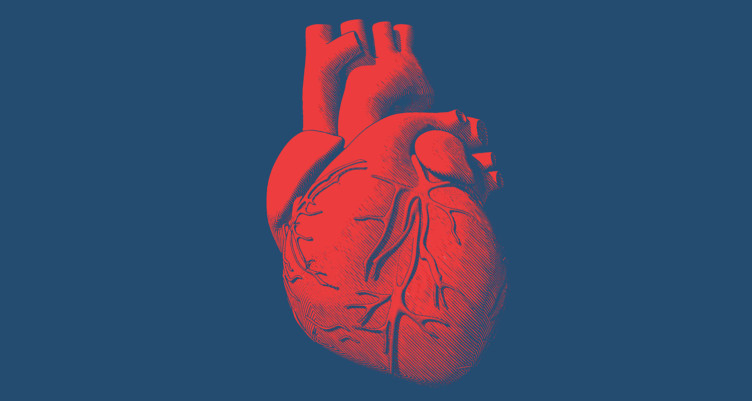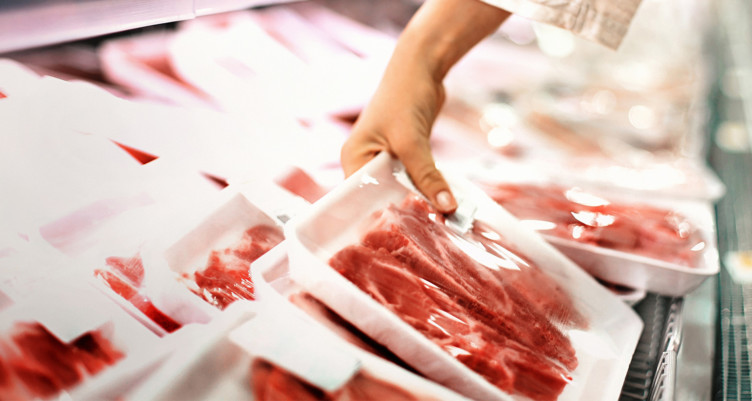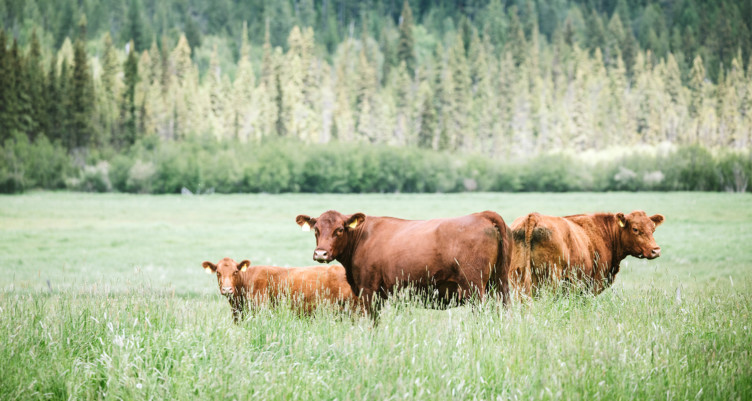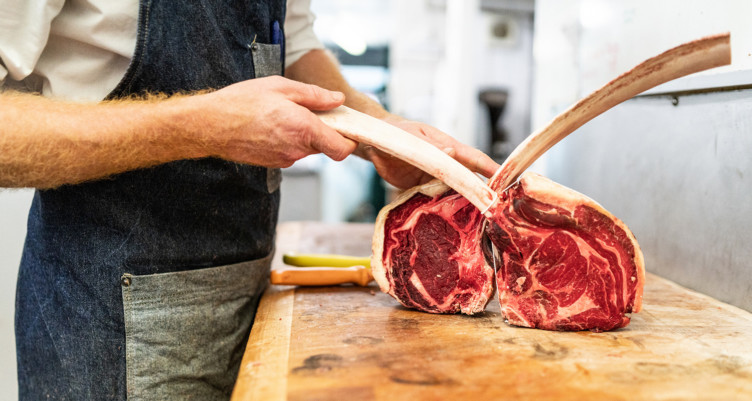New Studies Link Red Meat and Heart Disease. Here’s What They Got Wrong (Again)

- Two new studies say that red meat raises heart attack risk by increasing levels of a harmful compound called TMAO.
- In reality, bad gut bacteria produce TMAO when they eat lots of things, including vegetables and fish. So, why are we blaming red meat?
- Studies like these ignore the role that industrial meat plays in feeding bad bacteria. To properly feed your gut biome, eat grass-fed, organic meat.
- If that’s not possible, become a semi-vegetarian. Seriously. It’s better for your heart health (and the planet) than eating industrial meat.
Here we go again. Two new studies released on Monday say that red meat raises heart attack risk. Headlines far and wide will point to the dangers of red meat and heart health. Really, the headlines should say: “Studies reveal what bad gut bacteria do to cause heart disease.”
This is a rehash of the old red meat debate I discuss in detail here. The TL;DR version: Bad gut bacteria produce a harmful compound called TMAO (trimethylamine n-oxide) when they eat compounds found in industrial red meat, fish, and even celery. When TMAO gets into the bloodstream, it theoretically increases the risk of heart disease.
So, why are we blaming red meat and not bad gut bacteria?
What the studies found

In one of the new studies, published in the European Heart Journal, researchers found that a diet high in red meat increased the production of TMAO levels by gut microbes compared to diets high in white meat or non-meat. Chronic red meat consumption also reduced the kidneys’ efficiency at expelling TMAO.
In a concurrent study published in the Journal of Clinical Investigation, researchers found that carnitine — a nutrient found in red meat and energy drinks — is converted to TMAO in the gut. That process is facilitated by gut bacteria.
Yes, TMAO is bad news. TMAO is a precursor of dimethylnitrosamine, a chemical linked to conditions like liver cirrhosis and heart disease.[1][2] Gut bacteria produce TMAO when they digest vegetable oils, too — but people aren’t kicking celery stalks to the curb.
The reality is that TMAO is a gut biome issue, not a red meat issue. The real problem? The effect of industrial meat on your gut flora. Here’s what I mean.
Pass the grass-fed beef, please

Choline, lecithin, and carnitine are vital for cell membrane, mitochondrial, and liver performance. These nutrients are abundant in fish, celery, vegetable oil, and red meat — one reason eating more red meat was so restorative when I changed my diet and started eating fat for fuel, including lots of grass-fed, organic red meat.
Bad gut bacteria produce TMAO when they metabolize choline, lecithin, and carnitine. If you eat industrial meat, you’re much more likely to get the bad gut bacteria that make TMAO. How? Antibiotics kill the good bacteria in your gut, which allows bad gut bacteria to flourish. Learn more about the dangers of antibiotics in your meat in my conversation with Jeffrey Smith, the founding executive director of The Institute for Responsible Technology, on this episode of the Bulletproof Radio podcast.
If you stick to grass-fed, organic proteins like I have for the past 10 years, you could test free of the microbes that make TMAO — no matter what you eat. Case in point: In May 2017, I had a big lab workup done at HLI, an advanced genomics company that combines state-of-the-art DNA sequencing and expert analysis with machine learning. My results showed I have no TMAO-producing bad gut bacteria, even though a substantial part of my diet includes properly cooked grass-fed meat, and it has been that way for years.
I also eat a lot of fish, a major trigger for TMAO that somehow doesn’t get blamed in these types of sensationalist studies. I don’t eat farmed fish, though — I limit my consumption to wild-caught. You should, too. Learn more here on why farmed seafood is bad news.
How to feed your good gut bacteria and still eat red meat

- Seriously — stop eating industrial meat. It’s bad for you, bad for your gut bacteria, and bad for the animals. It also ruins what’s left of our soil.
- Spend the same amount of money on higher-quality grass-fed meat and eat less of it. If that’s not possible, become a semi-vegetarian and only eat meat rarely, when you have access to grass-fed, organic meat and wild-caught fish.
- Fix your gut bacteria and limit exposure to mold toxins that wreck your gut flora. Check out these signs your gut is unhealthy and how to fix it.
- Switch to a high-fat, nutrient-rich diet. Check out the free Bulletproof Diet Roadmap to get started.
Sign up for early access to sales, product launches, the latest Bulletproof news and more!



